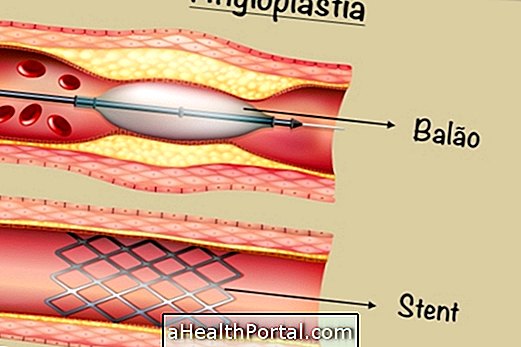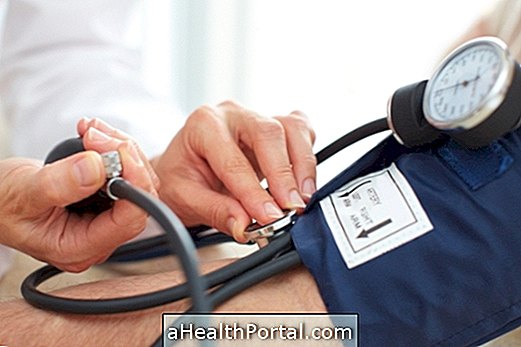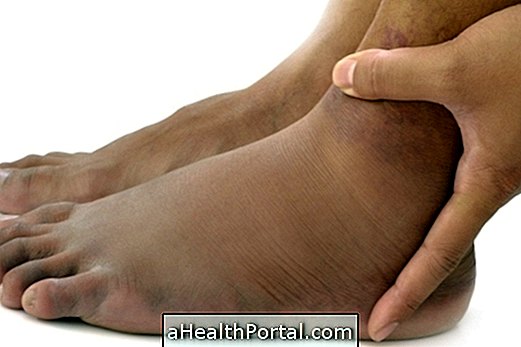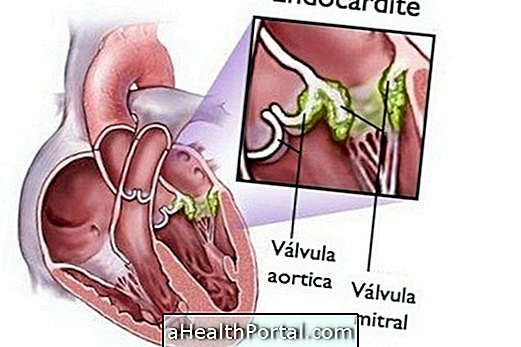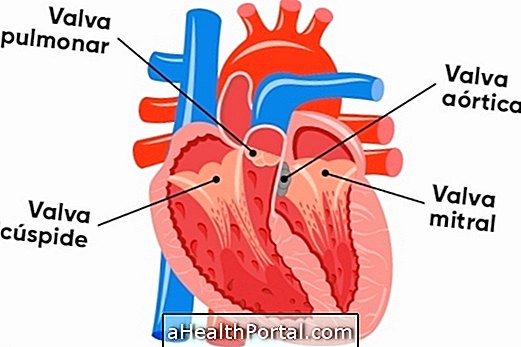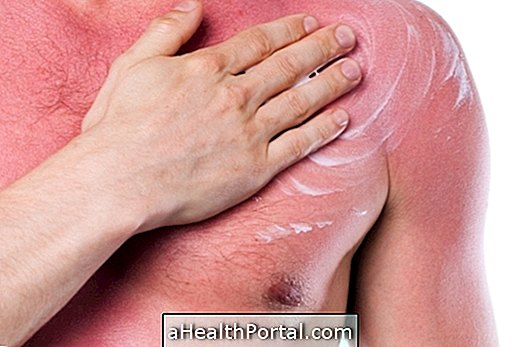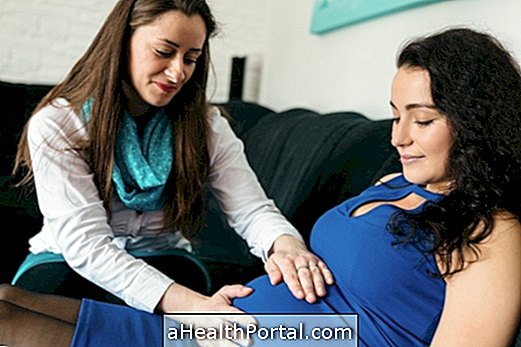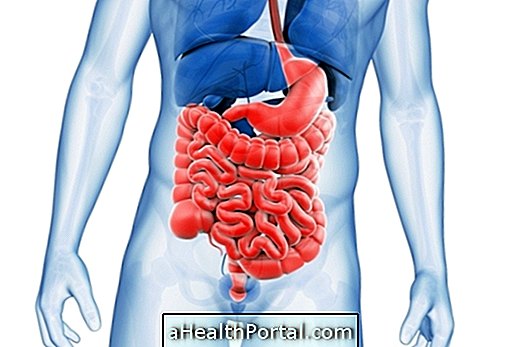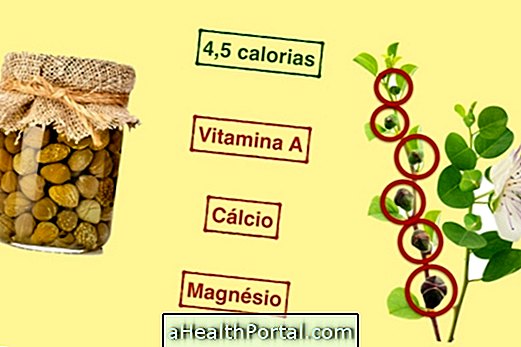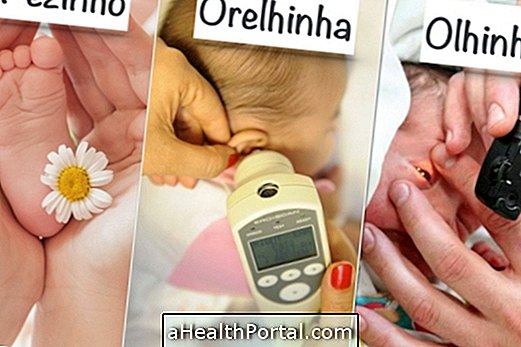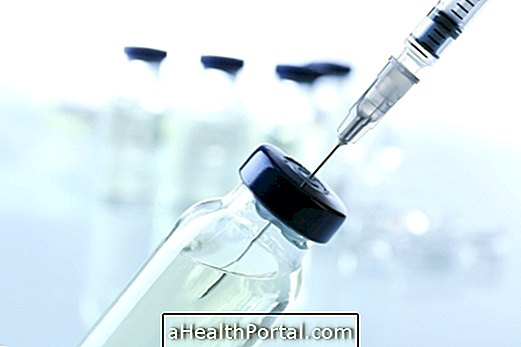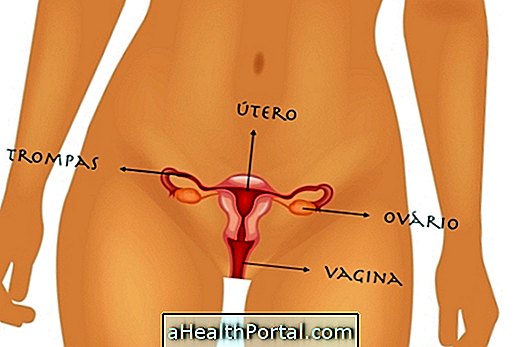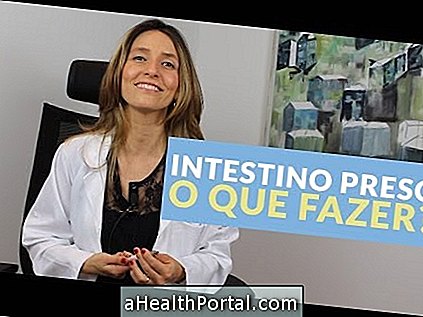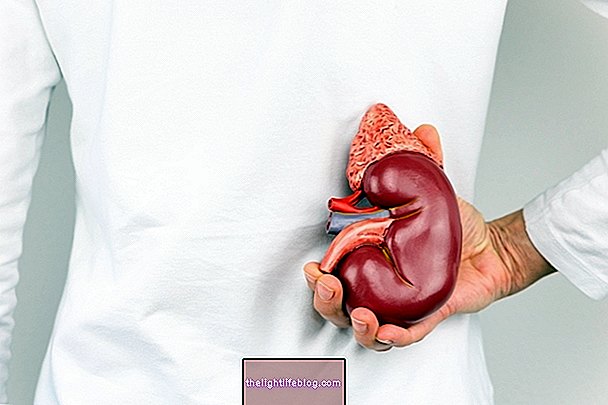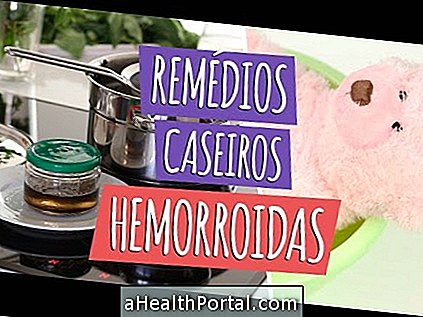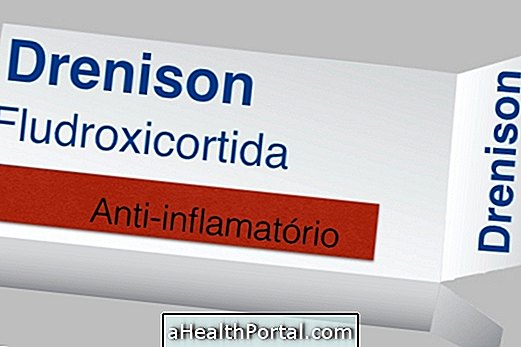Palpitations arise when you can feel your own heartbeat for a few seconds or minutes and are usually not related to health problems, and are only caused by too much stress, use of medication, or exercise.
However, if the heart palpitations occur frequently, present with an irregular rhythm or are associated with other symptoms such as dizziness or tightness in the chest, it is recommended to consult a cardiologist to evaluate the existence of a cardiac problem such as arrhythmia or atrial fibrillation, and initiate appropriate treatment.
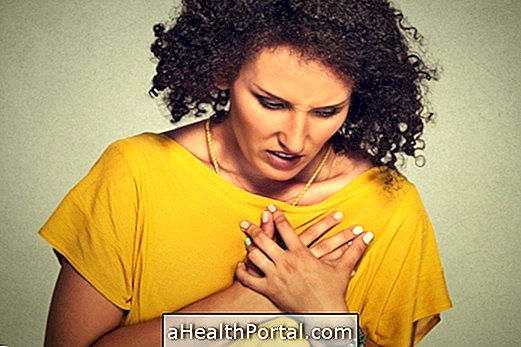
Main causes of cardiac palpitation
Most palpitations are unrelated to health problems, and are caused only by conditions that cause the heart to beat faster, such as coffee ingestion or excessive stress. Thus, the main causes of palpitations include:
1. Excessive stress
Excessive stress is the most common cause of heart palpitations. It happens because in situations of stress, nervousness or anxiety, the body releases adrenaline, a hormone that increases heart rate, making it easier to feel the heartbeat.
2. Drinking coffee or alcohol
Intake of coffee, soft drinks, energy drinks or some types of tea can cause an increase in blood pressure due to the presence of caffeine in its composition and thus increase the amount of blood going to the tissues, forcing the heart to beat faster . Alcoholic beverages can cause a decrease in the amount of magnesium in the body, causing the heart to beat irregularly.
3. Practice of physical exercise
Palpitations are very common after periods of intense physical exercise due to the body's effort to maintain muscles with oxygen required for exercise.
4. Use of medicines
Some medicines, such as asthma pumps or medicines used to treat thyroid problems, can cause palpitations as a side effect. Thus, it is important to consult the package insert to assess whether this is one of its side effects.
5. Health problems
Although it is a rare cause, some health problems such as thyroid disorders, anemia, dehydration or heart problems can cause palpitations, so whenever palpitations take more than an hour to go away, it is recommended to go to the evaluate the problem and initiate appropriate treatment.

How to treat heart palpitation
The best way to treat palpitation is to try to understand what is causing it to rise and thus prevent it from continuing. However, when it is not possible to discover the cause, one should:
- Lie down and try to relax, putting a relaxing song or doing aromatherapy;
- Breathe deep, slowly inhaling through the nose and exhaling through the mouth;
- Avoid drinking caffeinated coffee or tea, as well as smoking, even if in other situations it may relieve stress.
When palpitations come up a few minutes after taking a drug or if they arise after starting a new medication, in addition to these tips, it is important to consult the doctor who prescribed the drug to replace it with another medicine that does not cause this type of symptoms.
If the palpitations take more than 1 hour to disappear or if they are accompanied by other symptoms such as shortness of breath, chest tightness, feeling faint or dizzy, it is recommended to go to the emergency room or consult a cardiologist to diagnose the condition. problem and start the appropriate treatment.
When To Go To Cardiologist
It is important to consult a cardiologist immediately or go to the emergency room when the palpitations:
- It takes more than 1 hour to disappear;
- They get worse over time;
- They are accompanied by other symptoms such as dizziness, chest tightness, or shortness of breath.
In these cases, the doctor may ask for some diagnostic tests, such as an electrocardiogram, to try to rule out the presence of arrhythmias in the heart and to identify if the problem is being caused by a cardiac change, initiating appropriate treatment if necessary.
